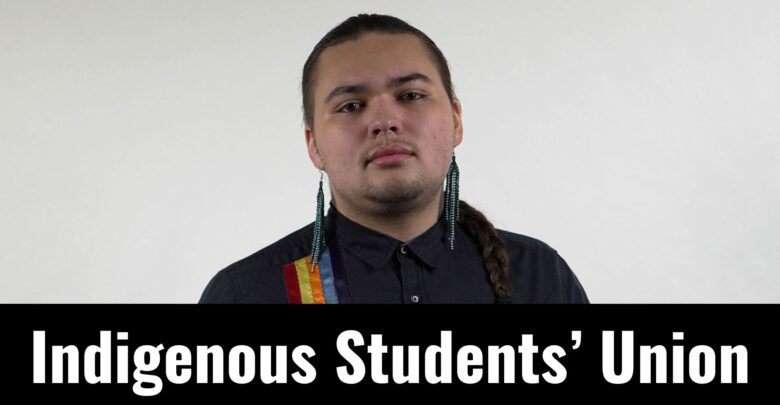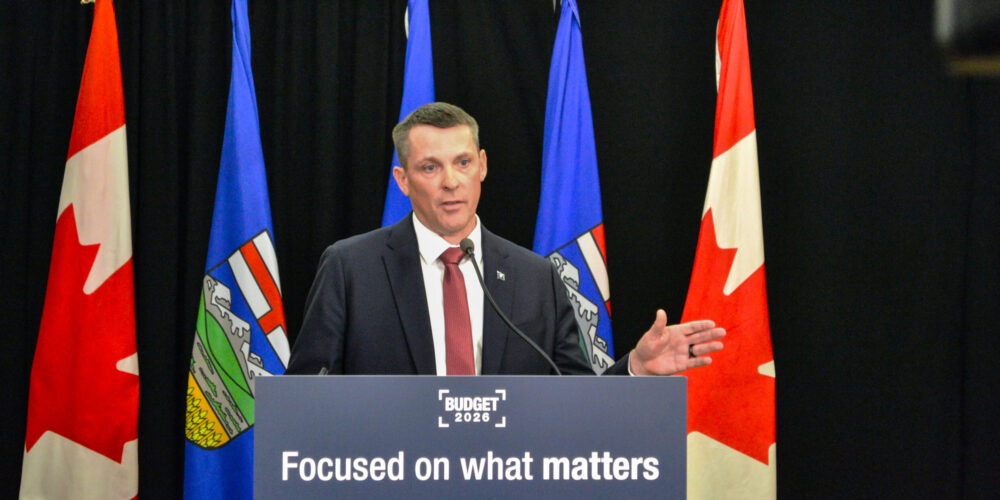SU Elections 2024 Q & A: Indigenous Students’ Union Plebiscite
The Students' Union 2024 election will allow undergraduate students to vote on renewing the Indigenous Students' Union fee.
 Lily Polenchuk
Lily PolenchukIn the 2024 Students’ Union (SU) election, undergraduate students will get the chance to vote on renewing the Indigenous Students’ Union (ISU) dedicated fee unit (DFU).
The $1 fee would go towards cultural supports and events, educational opportunities for students, and scholarships for Indigenous and non-Indigenous members. As well, the fee would help cover the ISU’s operational costs and childcare subsidy for Indigenous and non-Indigenous members.
Representing the ISU in this Q&A is Victor Olsen, ISU vice-president (consultation and engagement).
The following interviews have been edited for brevity and clarity.
What is this plebiscite trying to accomplish?
Victor Olsen: We had a lot of discussions about whether or not there should be an increase in our [plebiscite]. The reality is, the number one situation for everybody on campus is costs. And so, we said we’re going to do the exact same thing we’ve done for the last five years: the same [plebiscite] renewed, same as it was before.
For students who don’t know, what is the ISU?
Olsen: A lot of people on campus really don’t know what the ISU is. We’re locked away in a little corner on campus. But the number one thing I want to bring up is trying to get everyone engaged with the idea of how can we support a group on campus, to actually get that group to [succeed]. The ISU is a space for advocacy. The ISU is a space for community. The ISU is a space for culture. The ISU is a space for funding, finances, and to bring everyone together.
If this plebiscite passes, how much will students be paying and how was that cost determined?
Olsen: This is a single dollar per student. Again, we’ve decided not to increase this because we know that right now, as we speak, the university is pushing for major tuition increases. As much as we’d like to levy more support for a student group that is twice as likely to be homeless, we decided to try and keep it steady. Not stressing too much about that, not doing any increases.
Will all students be paying this fee?
Olsen: Every single student will be paying this fee and a lot of that comes down to what the ISU really represents. The ISU is about trying to put an investment into a community that is decidedly under-served. Indigenous students are a small population, especially Indigenous graduate students, but we’re trying to get people towards that. We’re trying to get people supported. We know that Indigenous people are less likely to attain post-secondary education. And so the ISU is about putting that forward.
Why do you think students should care about the work being done by the ISU?
Olsen: I’m sure a lot of students have heard the buzzwords. We are all treaty people. We all have a commitment to try and push towards truth and reconciliation. The reality is there are very few opportunities for most people to actually do that in their day-to-day lives. The ISU is trying to make it so that a space that was never meant for us can be accessible to everybody on campus. The ISU is not for Indigenous students alone. Our mandate — specifically this DFU mandate — requires us to provide education and supports for all students on campus. If you want to learn about Indigenous culture, you can feel free to visit our space. It’s very much your ISU, not just ours.




